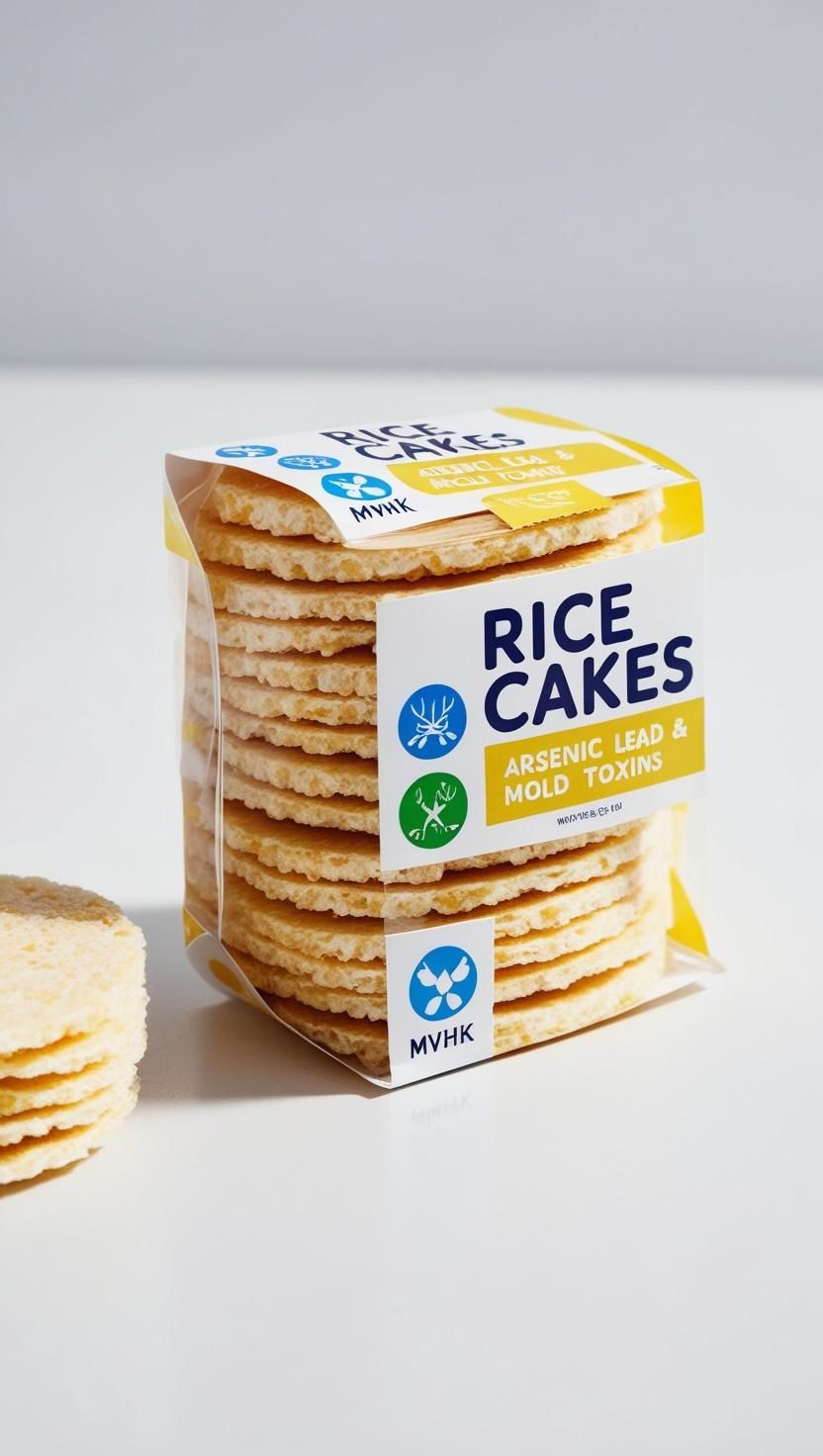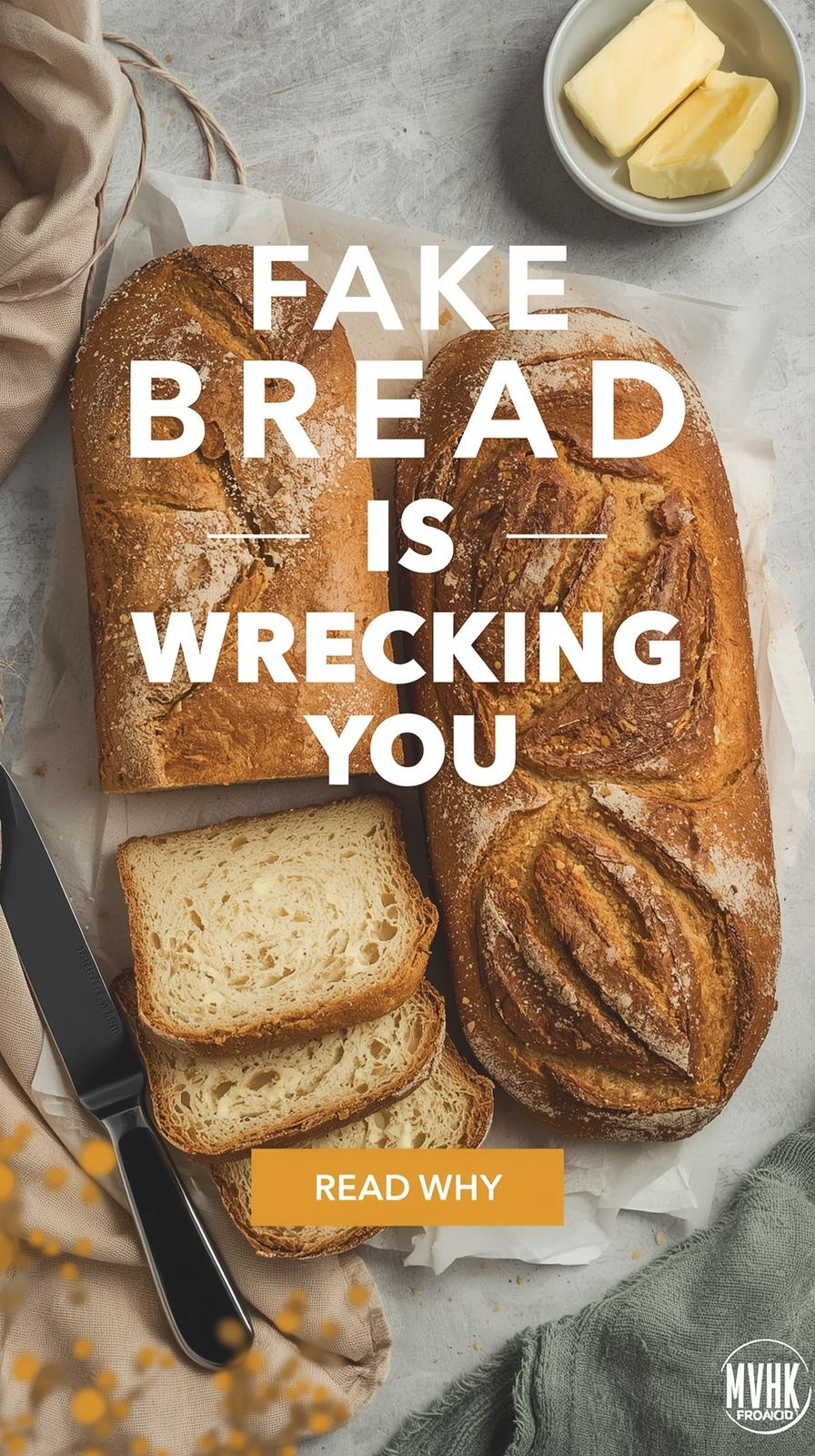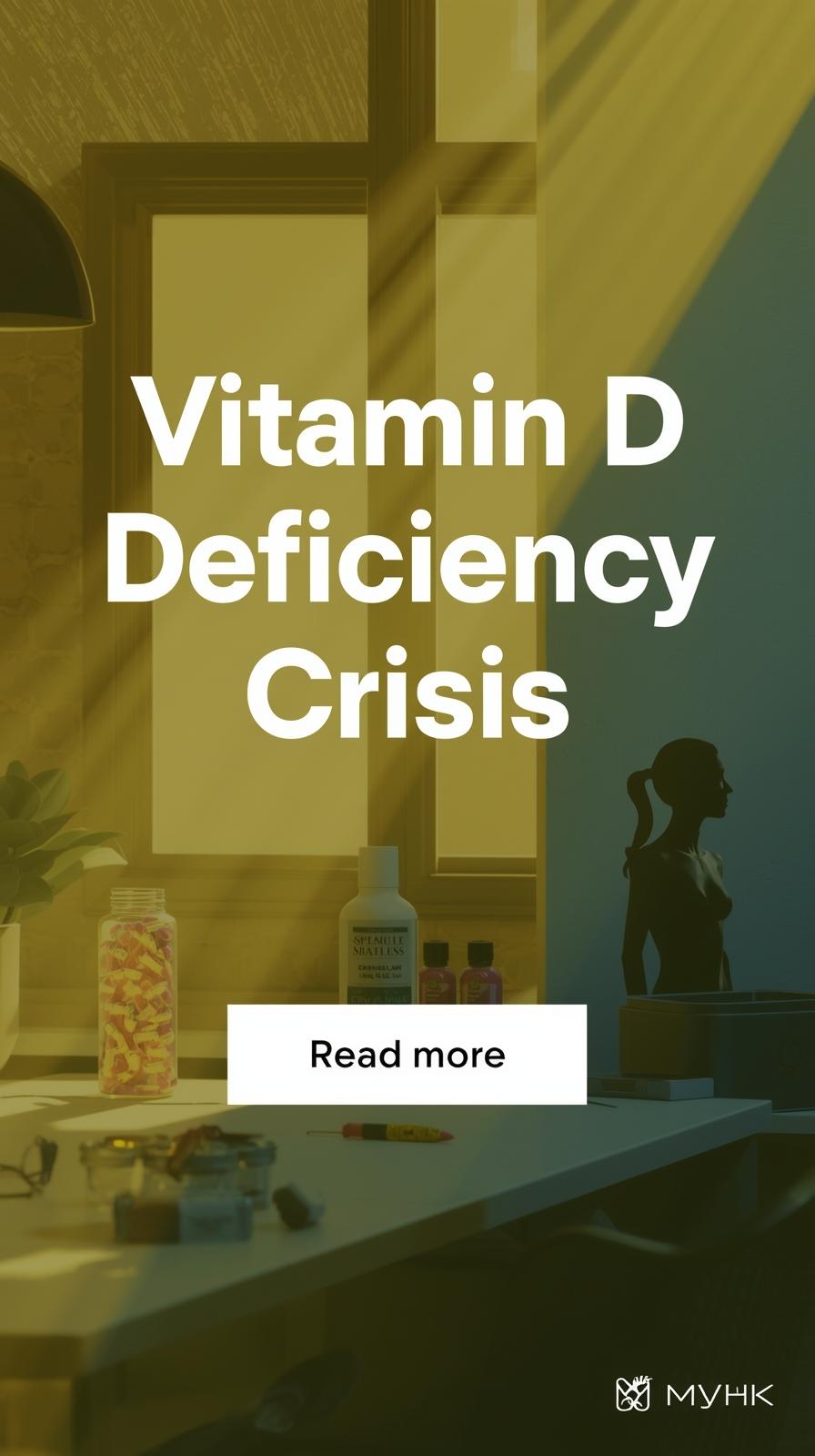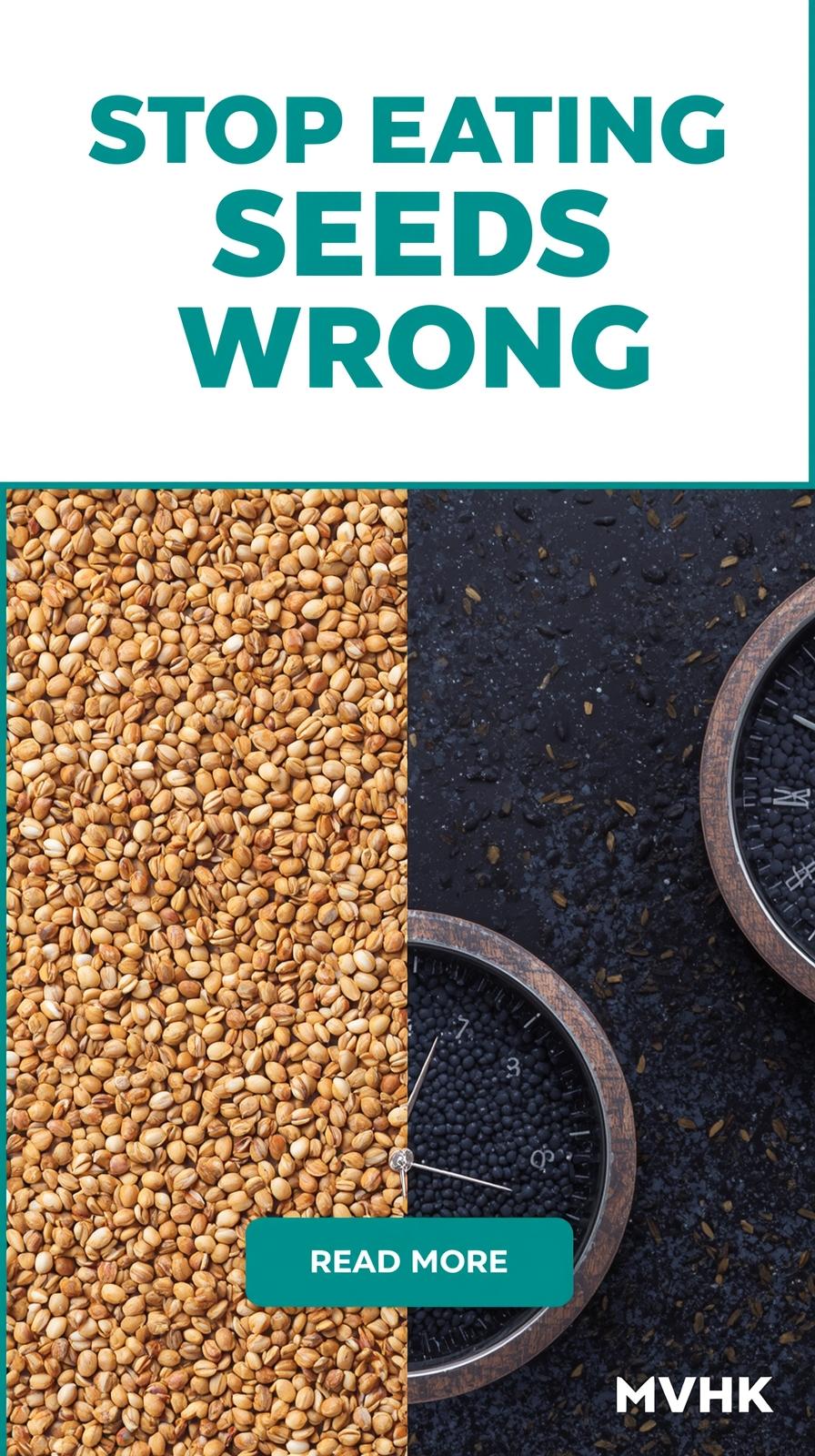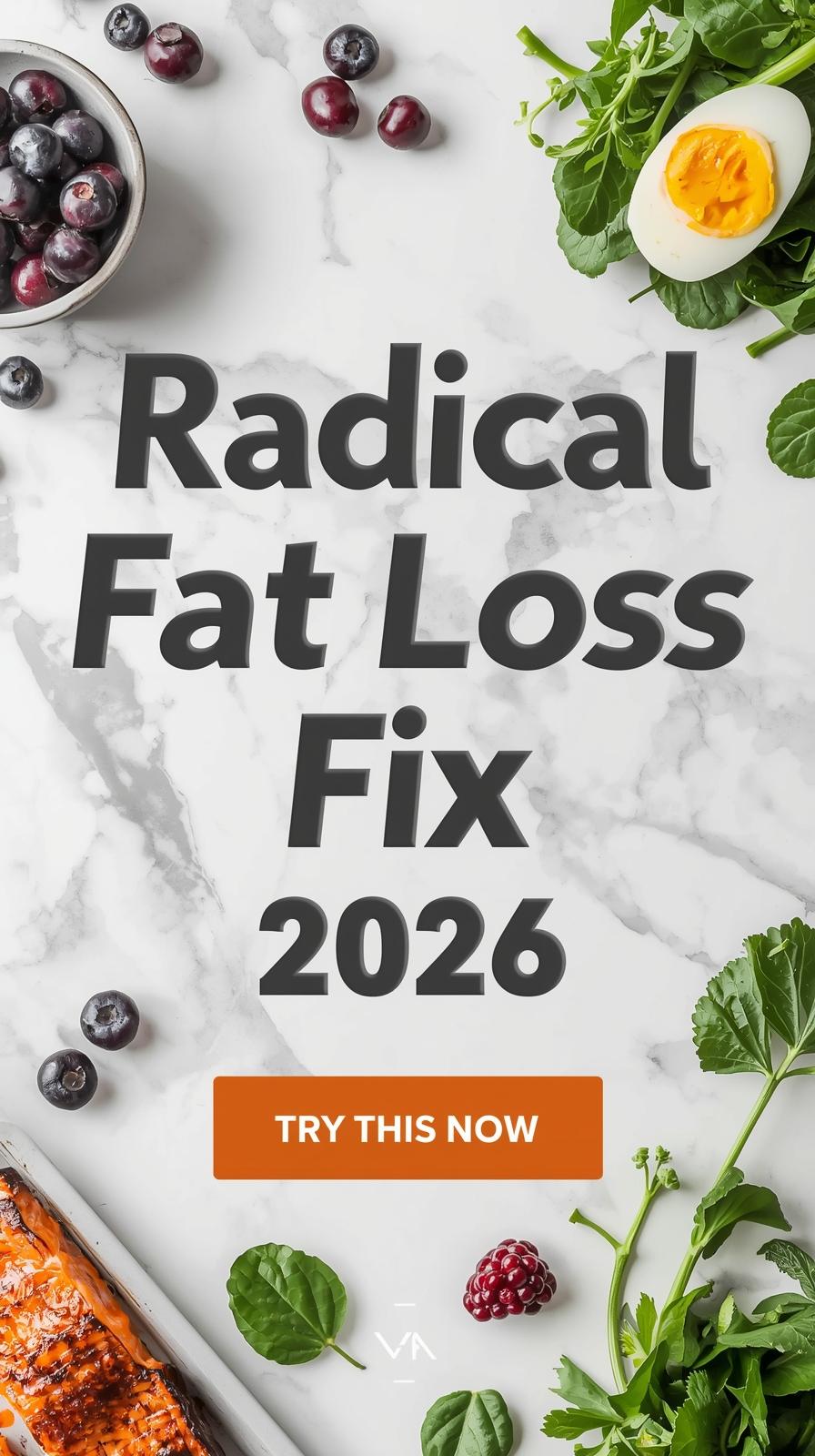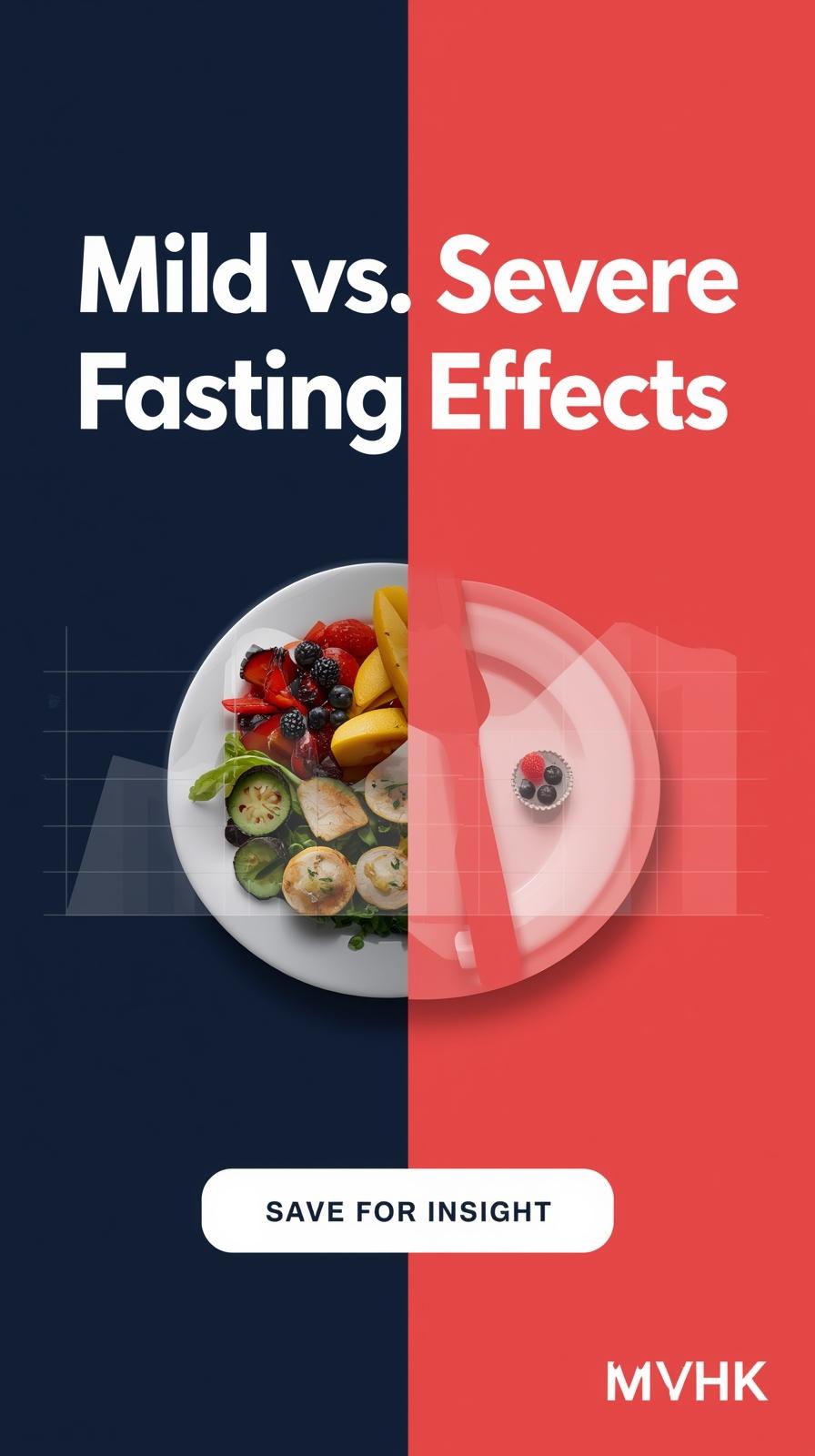Rice & Corn Cakes: Healthy or Harmful? What You NEED to Know! 🍚🌽
Rice and corn cakes are often marketed as a healthy snack, especially for children. However, recent tests conducted by the Austrian Consumer Association (VKI) raise serious concerns about their actual nutritional value and safety. With potential contaminants like arsenic, lead, and mold toxins, it’s time to take a closer look at whether these popular snacks are truly beneficial or more harmful than we think.
1️⃣ Nutritional Analysis of Rice and Corn Cakes
Rice Cakes: A Double-Edged Sword
Rice cakes are known for being low in calories and fat, making them a go-to snack for weight-conscious individuals and active kids. However, the VKI study revealed some alarming details:
- Children’s rice cakes contain excessive sugar – none of the tested products received a Nutri-Score A.
- Organic rice cakes were found to have contaminants like arsenic and lead, which are harmful in large quantities.
- Regular rice cakes scored best in terms of nutrition, making them a better option compared to flavored or sweetened varieties.
Corn Cakes: Lower Contamination, But High in Salt
Corn cakes are often considered a suitable alternative to rice cakes, but they come with their own set of drawbacks:
- Lower contamination levels compared to rice cakes.
- Higher sodium content, making them less ideal for children and those with hypertension.
- Less nutritional value compared to rice cakes, offering fewer essential nutrients.
2️⃣ Key Health Concerns: Contaminants & Additives
One of the biggest concerns raised by the VKI is the presence of toxic heavy metals and mold toxins in rice cakes. These contaminants can pose long-term health risks, particularly for young children.
Arsenic and Lead in Rice Cakes
Rice naturally absorbs arsenic from the soil, which can lead to high levels in rice-based products. Chronic exposure to arsenic has been linked to:
- Developmental issues in children
- Increased risk of cancer
- Heart disease and diabetes
Similarly, lead contamination can affect cognitive development in children and contribute to long-term health issues.
Excess Sugar in Children’s Rice Cakes
Many rice cakes marketed for children contain added sugar and sweeteners, making them a less healthy choice than plain rice cakes. High sugar consumption has been linked to:
- Increased risk of obesity
- Higher likelihood of type 2 diabetes
- Poor dental health
3️⃣ Best & Worst Options: What Should You Choose?
The Best Choice:
✅ Plain, unsweetened rice cakes (preferably low-arsenic brands)
✅ Organic options with third-party safety testing
✅ Corn cakes with low sodium content
What to Avoid:
❌ Flavored or sweetened rice cakes marketed for children
❌ Products with high arsenic and lead levels (check test results when available)
❌ Corn cakes with excessive salt content
4️⃣ Are Kid-Labeled Products a Scam? 💰
The VKI study also revealed that children’s rice cakes are significantly more expensive than standard versions—sometimes up to 3 times the price! Despite the higher cost, they often contain more sugar and additives, making them a poor investment for parents seeking a truly healthy snack.
How to Save Money:
- Buy regular unsweetened rice cakes instead of kid-labeled versions.
- Choose brands with independent contamination testing.
- Look for low-arsenic rice sources, such as those from certain regions with lower contamination levels.
5️⃣ Final Verdict: Are Rice & Corn Cakes Worth It?
While rice and corn cakes can be a convenient and low-calorie snack, their nutritional value and safety depend on the brand and type you choose. If you opt for these snacks, prioritize plain, unsweetened versions and be aware of possible contaminants.
VKI Recommendation: Avoid children’s rice cakes and instead choose plain, unsweetened varieties for a safer and healthier option!
📌 Frequently Asked Questions (FAQ)
Are rice cakes a good snack for kids?
Yes, but only plain, unsweetened rice cakes. Avoid flavored or sweetened varieties due to high sugar content and potential contaminants.
Are there any rice cakes without arsenic?
It’s difficult to find completely arsenic-free rice cakes, but choosing brands that test for contamination and limiting intake can help reduce exposure.
Are corn cakes healthier than rice cakes?
Corn cakes have lower contamination levels, but they tend to be higher in sodium. If you’re watching salt intake, rice cakes may be the better choice.
📢 Share this article with parents and health-conscious consumers! #HealthyEating #FoodSafety #RiceCakes #CornCakes
